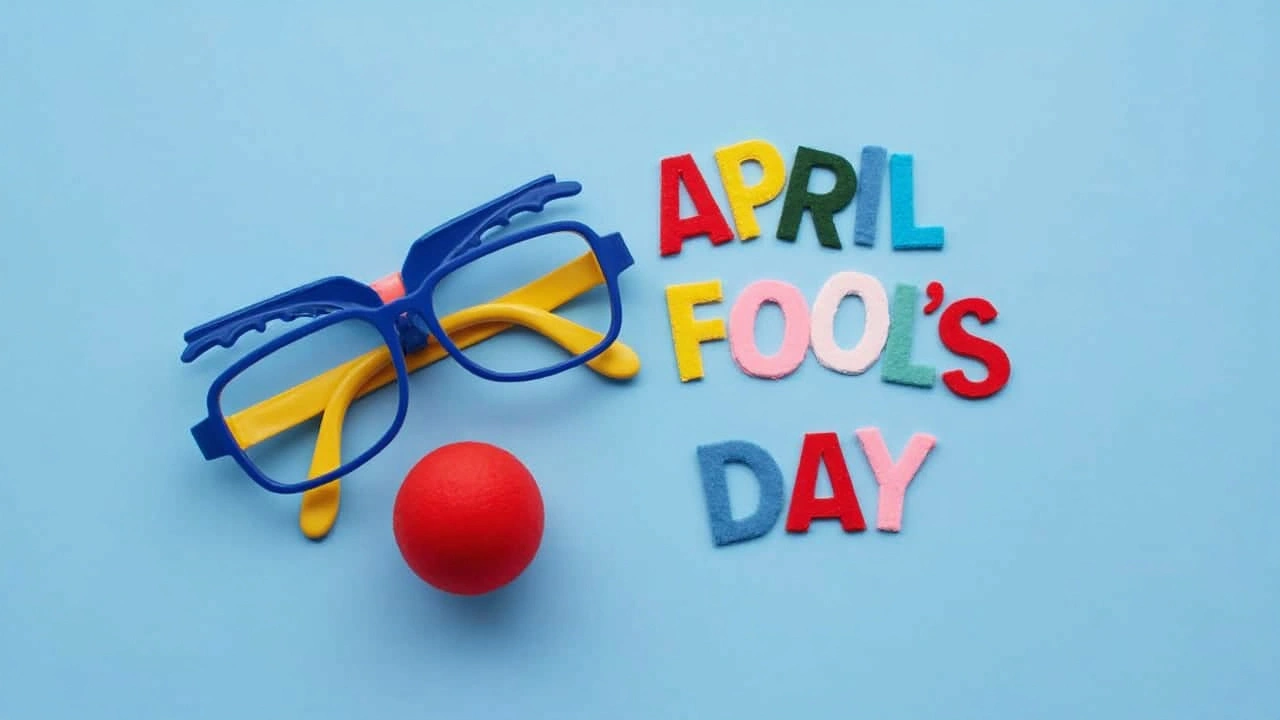Why April Fools’ Day Pranks Go So Wrong
For a day that’s supposed to be about laughter, April Fools’ is notorious for jokes that spiral out of control. What starts as a harmless gag can land people and companies in serious trouble, from lawsuits to public humiliation. If you’re thinking about pulling a April Fools’ prank, there are three big mistakes you absolutely can’t afford to make.
First up: not seeing things from your target’s point of view. Google learned this the hard way back in 2016. Their Gmail “Mic Drop” feature put a silly GIF button right next to ‘Send,’ so users accidentally sent a Minion dropping a microphone instead of a regular message. For most people, it was annoying. For others, it was a complete disaster—imagine accidentally including a cartoon GIF in a job rejection email or in a message offering condolences. One slip, and the sender looked totally unprofessional or worse. Google had to pull the plug and issue a public apology almost immediately.
Second, forget the idea that the law won’t come after a joke. Companies sometimes underestimate just how seriously people take false advertising or public embarrassment. Hooters in Florida promised a new Toyota car in a contest, but when a waitress won, they gave her a toy Yoda figurine instead. The employee dragged Hooters to court and settled for enough money to buy an actual Toyota herself. Then there was the Southwest Airlines office in Albuquerque, where managers staged a fake arrest on a new staff member as a prank during onboarding. The team quickly realized legal trouble wasn’t a joke—the incident sparked real legal threats. So if you’re planning something big, have someone with legal expertise look it over. It’s way better than getting hit with a lawsuit.

When Humor Crosses a Line
It’s not just companies, either. In 2013, Tennessee woman Susan Hudson called her sister, saying she’d shot and planned to bury her husband. What she thought was a wild joke set off total chaos. Her family called the police, who showed up with a SWAT team. Turns out, her husband was alive and fine—she ended up temporarily arrested until police were sure it was just a prank. Most people just don’t find jokes about crime or harm funny, especially when they have to deal with the real-life mess that follows.
- Brand reputation is fragile. These fails prove it only takes one misstep to damage people’s trust—sometimes permanently.
- Clarity matters way more than cleverness. Pranks should never leave people genuinely confused or scared.
- Context counts. High-stakes situations—workplaces, legal matters, or anything involving real loss—are guaranteed to backfire if you joke about them.
- And never forget legal risks. It might feel silly to ask a lawyer about a prank, but it’s common sense if you want to avoid public disasters.
So, before you think up your next wild idea for April Fools’, really consider who’s on the receiving end, what could go wrong, and if your brand (or relationships) can weather the fallout. Not every idea that’s funny on paper is funny—or safe—in real life.







Write a comment